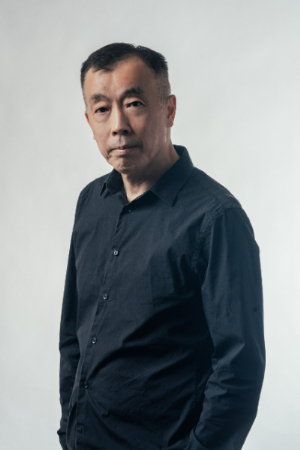
Legal education at Meiji University has its roots in the Meiji Law School, founded in 1881. Since then, as the cradle for training the legal profession at private schools, the University has not only fostered many practicing legal professionals but has also continued to provide a number of outstanding human resources that contribute to the development of Japanese society. In particular, it is well known that Japan’s first three female legal professionals graduated from the University in 1940. They are Yoshiko Mibuchi, who was the model for “Adding wings to a tiger,” a morning drama series by NHK, Japan’s public broadcaster, in 2024, Masako Nakata, and Ai Kume. After they became the first female attorneys, Mibuchi served as a judge and then as the head of the family court, and Nakata became the first woman to serve as the chairperson of the bar association in Tottori Prefecture.
The Graduate School of Law was established in 1952 as a graduate school under the post-war new educational system, carrying on the tradition of law education at Meiji University. At the Graduate School, we have mainly trained legal scholars, and to date, many graduates have worked as full-time faculty members in the field of law. The graduates have been active not only at Japanese universities but also at universities in other countries such as Taiwan and Korea.
Currently, the Graduate School of Law offers the Legal Researcher Training Course and the Advanced Professional Training Course. The Legal Researcher Training Course is designed to train professionals who have advanced legal expertise, an extensive grounding in legal matters, and skills in conducting research activities independently. Therefore, after completing the master’s degree program, students often go on to enter the doctor’s program to earn a doctoral degree. The Advanced Professional Training Course, on the other hand, is designed to train professionals who have advanced expertise in law, such as civil servants, teachers, and experts in corporate legal affairs. After completing the course, students are expected to engage in practical work in accordance with their career plans.
If you are thinking about going to graduate school, I would like you to keep in mind that education at graduate school is qualitatively different from that at undergraduate school. At undergraduate school, students are in the stage of learning in which they systematically learn and acquire the knowledge that their predecessors have accumulated over the years. At graduate school, however, students are required to continue such learning and eventually add new knowledge, as original discoveries and ideas, to their current knowledge. In their master’s thesis (or research paper) or doctoral dissertation, they are required to write (verbalize) original essays that no one else in the world has ever written before. This is intellectual work worthy of the title of “research” in graduate school.
Meiji University Graduate School of Law has faculty members who cover various fields of traditional positive law, advanced fields such as information law, environmental law, intellectual property law, and economic law, and jurisprudence such as legal philosophy, legal history, legal sociology, comparative law, and foreign law. In terms of the breadth and depth of the professional fields of its faculty members, it is one of the highest level graduate schools of law in Japan. Faculty members carrying out cutting-edge research are reliable seniors as well as coaches to help students grow into people who can make intellectual contributions.
Here in Kanda-Surugadai, Chiyoda-ku, Meiji is a traditional legal research community that has been continuously succeeded. How about joining us and immersing yourself in the thrilling world of learning? Let us work together to create new knowledge here. Meiji University Graduate School of Law is looking forward to welcoming ambitious people of diverse backgrounds from all over Japan and the world.
Dean, Graduate School of Law
SUZUKI Ken
Professor


